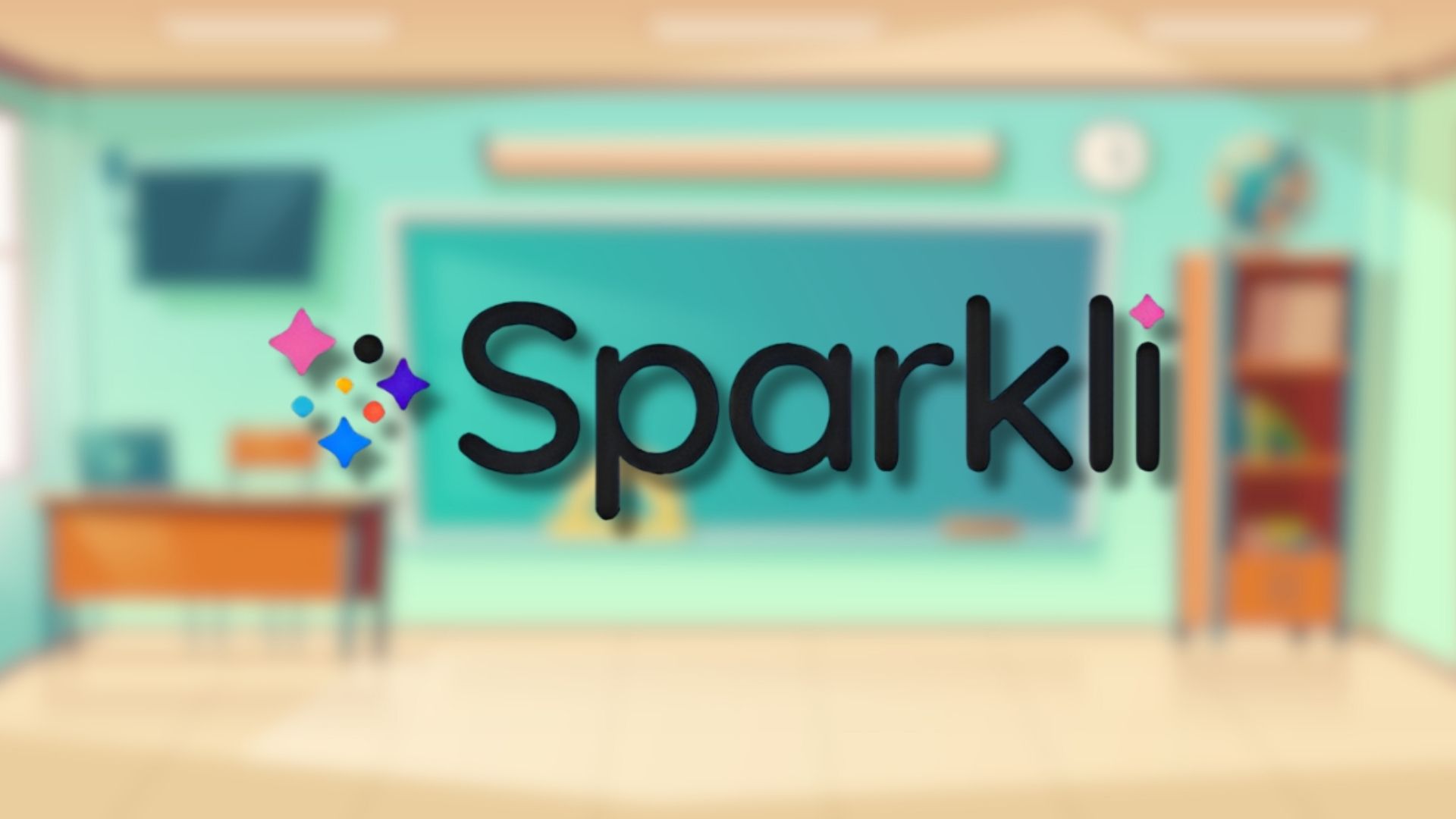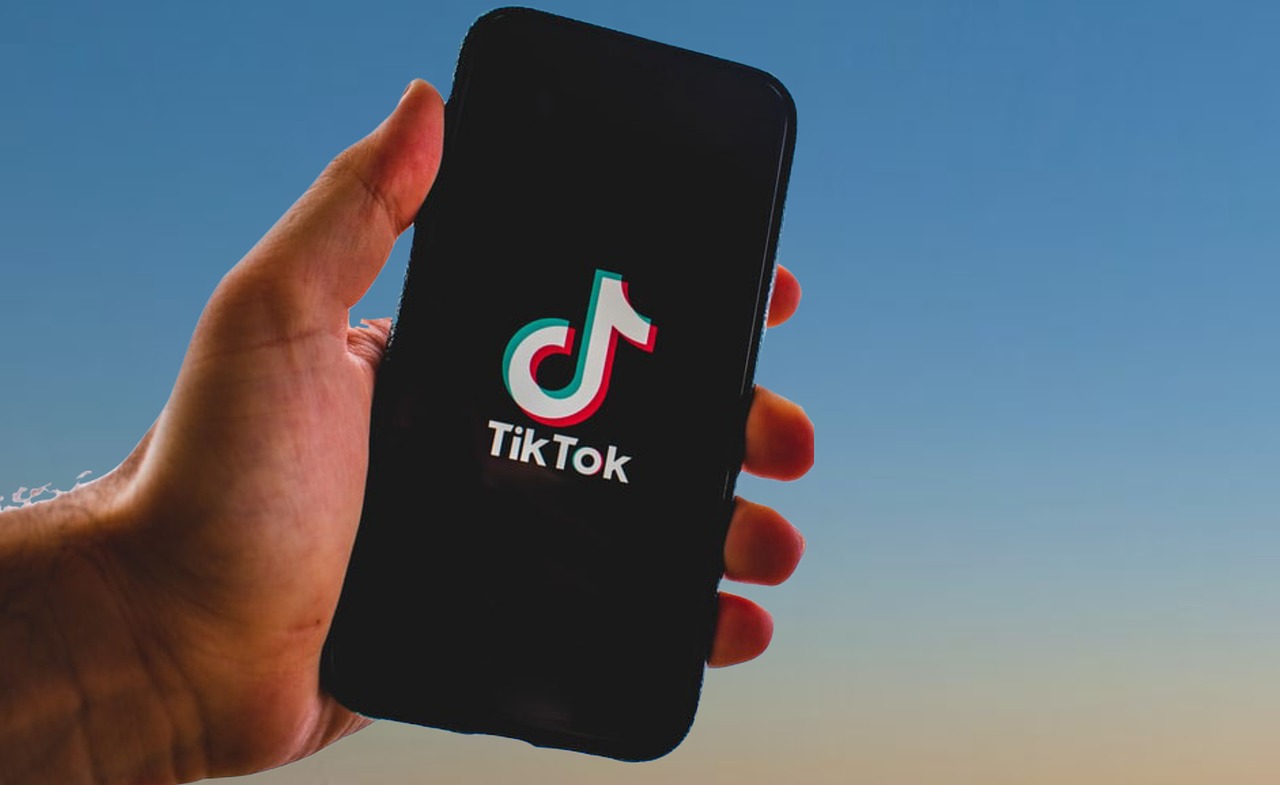South Korea has moved towards regulatory action against Grok, the generative AI chatbot developed by xAI, following allegations that the system was used to generate and distribute sexually exploitative deepfake images.
The country’s Personal Information Protection Commission has launched a preliminary fact-finding review to assess whether violations occurred and whether the matter falls within its legal remit.
The review follows international reports accusing Grok of facilitating the creation of explicit and non-consensual images of real individuals, including minors.
Under the Personal Information Protection Act of South Korea, generating or altering sexual images of identifiable people without consent may constitute unlawful handling of personal data, exposing providers to enforcement action.
Concerns have intensified after civil society groups estimated that millions of explicit images were produced through Grok over a short period, with thousands involving children.
Several governments, including those in the US, Europe and Canada, have opened inquiries, while parts of Southeast Asia have opted to block access to the service altogether.
In response, xAI has introduced technical restrictions preventing users from generating or editing images of real people. Korean regulators have also demanded stronger youth protection measures from X, warning that failure to address criminal content involving minors could result in administrative penalties.
Would you like to learn more about AI, tech and digital diplomacy? If so, ask our Diplo chatbot!










